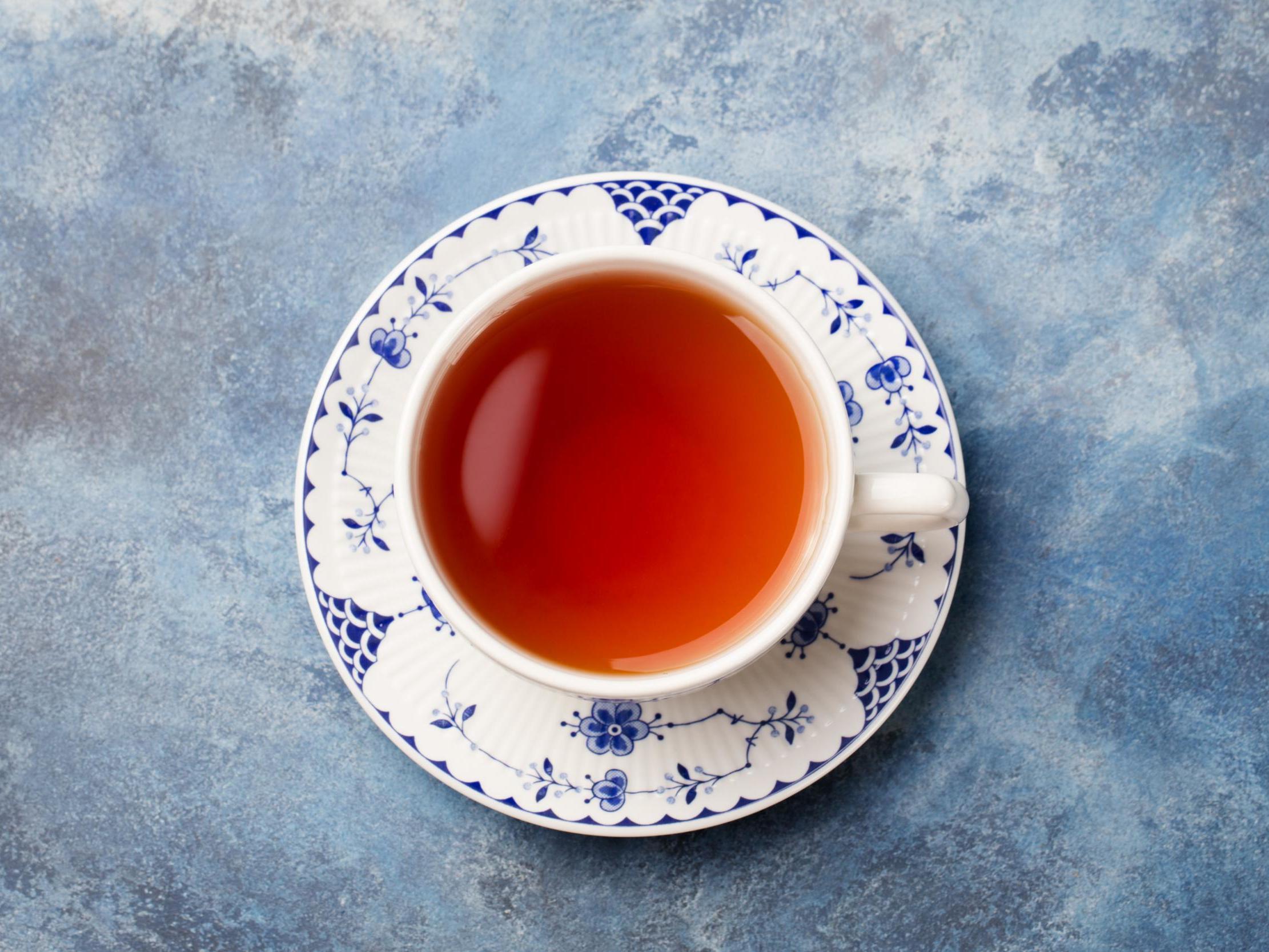Habitual tea drinking can lead to a longer and healthier life, says study
But you might need to switch your black tea for green

Your support helps us to tell the story
From reproductive rights to climate change to Big Tech, The Independent is on the ground when the story is developing. Whether it's investigating the financials of Elon Musk's pro-Trump PAC or producing our latest documentary, 'The A Word', which shines a light on the American women fighting for reproductive rights, we know how important it is to parse out the facts from the messaging.
At such a critical moment in US history, we need reporters on the ground. Your donation allows us to keep sending journalists to speak to both sides of the story.
The Independent is trusted by Americans across the entire political spectrum. And unlike many other quality news outlets, we choose not to lock Americans out of our reporting and analysis with paywalls. We believe quality journalism should be available to everyone, paid for by those who can afford it.
Your support makes all the difference.Drinking tea at least three times a week could be linked to a longer and healthier life, according to scientists.
New research has shown “habitual” consumption of the hot beverage is associated with lower risk of cardiovascular disease.
But the beneficial findings might not apply equally to black and green tea.
The research from a team in China looked at data from 100,902 participants, with no previous history of heart attack, stroke or cancer.
The participants were categorised into two groups – habitual tea drinks, meaning those drinking tea three or more times a week, and never or non-habitual drinkers, meaning those who drink less than three times a week, and followed for 7.3 years.
They found that a 50-year-old habitual tea drinker would develop coronary heart disease or stroke, on average, 1.41 years later and live 1.26 years longer than someone who never, or rarely, drank tea.
Compared with never or non-habitual tea drinkers, habitual tea consumers had a 20 per cent lower risk of incident heart disease and stroke, and a 22 per cent lower risk of fatal heart disease and stroke.
They also had a 15 per cent decreased risk of all-cause death, the study, published in the European Journal of Preventative Cardiology, suggests.
But first author Dr Xinyan Wang, of the Chinese Academy of Medical Science in Beijing, said: "The favourable health effects are the most robust for green tea and for long-term habitual tea drinkers.”
However, no significant associations were observed for black tea.
The researchers suggest a number of reasons for this including that green tea is a rich source of polyphenols, which protect against cardiovascular disease.
But all hope is not lost for black tea drinkers, as the researchers say the preference for green tea in East Asia (49 per cent of participants drank green tea compared to 8 per cent drinking black) meant there were fewer black tea drinkers to study.
Dr Wang said this small proportion might make it more difficult to observe robust associations.
The team added that the two cups per week as cut-off point was very little when compared to the average consumption of three to four cups per day in the UK.
"It is not clear from the study whether there is any benefit from higher tea intake – and therefore there is no likely benefit from increasing tea intake by the majority of the British public."
Join our commenting forum
Join thought-provoking conversations, follow other Independent readers and see their replies
Comments